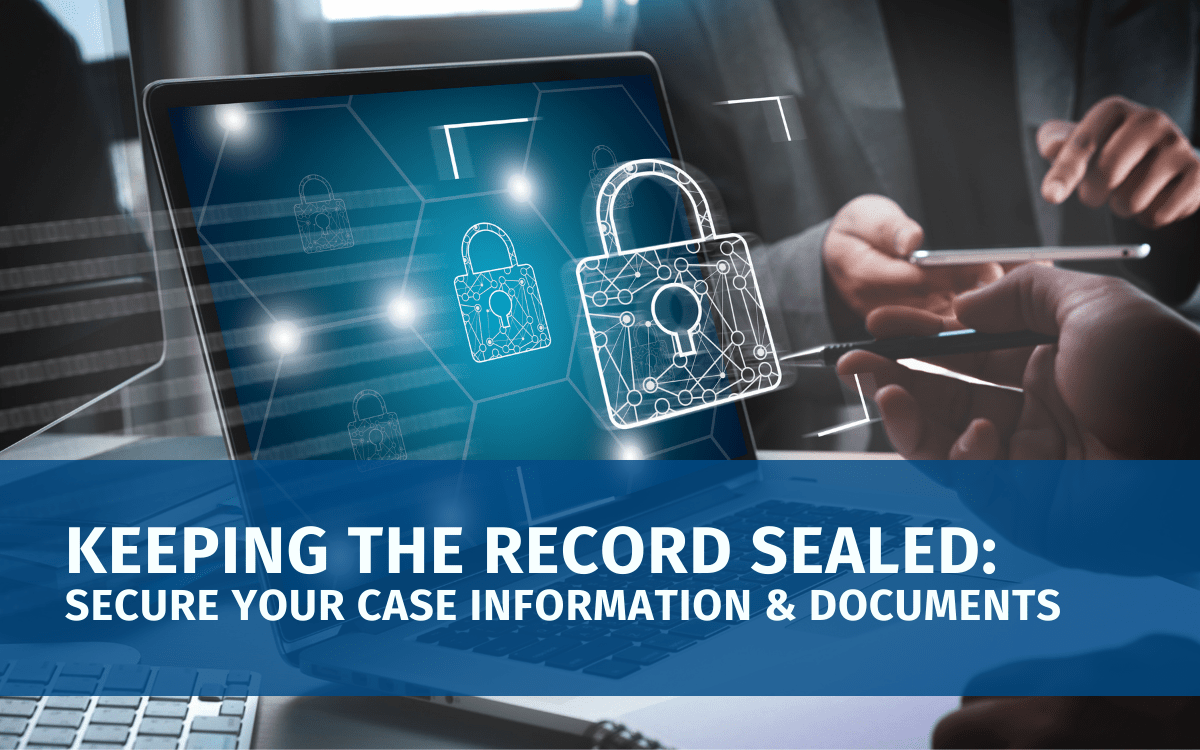Court Reporter Winter Preparedness
Freelance reporters and officials alike have one thing in common: daily transcript deadlines. When winter storms strike and the lights go out, getting those jobs in on time can be challenging. To help you prepare, here are some tips to keep you productive, even when the lights go out.
First, back up every job you take as you take it before heading home. This is your failsafe, so that if worse comes to worst, and you find yourself sitting on the highway for the next 8 hours, you can call a scopist or your employer and give them access to the job.
Reporters who like to get their work out themselves, even when stuck in their car, will want to keep a good power inverter in the glove compartment, a reliable Jump Starter in the trunk, and a solar wrap on the dashboard for laptop and cell phone power.
For reporters who rely on public transportation to get around, two must-haves are: (a) a tiny hand-crank Smartphone charger and (b) a fully charged backup laptop battery, so that if the bus or subway train stalls, you’ll be able to call your family, office and/or scopist, provide them with a status report, and even use the down time to edit your work.
For condominium/apartment dwellers who’ve lost power, you’ll want either a solar or pedal generator/inverter system. Either of these backups works wonderfully for powering your laptop and cell for long periods, but won’t help you with your appliances.
For homeowners, there are solar-powered generators available to power not only your laptop and cell phone, but your refrigerator and space heater as well. While you will not need gasoline, you will need yard, balcony or deck space for the solar panels, and will need to plan your extension cords accordingly.
To ensure Internet connectivity during blackouts, you can: (a) use your Smartphone as a hotspot and tether your laptop to it, (b) purchase a USB stick with Mobile Internet connectivity, (c) purchase a Mobile Wi-Fi hotspot, or (d) purchase a laptop with a built-in hotspot. Whatever route you take, you’ll want to check with your data carrier regarding overage fees.
In addition to providing for your power needs, you’ll want to be sure you have every component recommended by the Federal Emergency Management Agency (FEMA) in its emergency kit and basic disaster supplies. Because transcripts are time-sensitive, it is important that reporters prepare for whatever natural disaster their region typically faces, whether it’s blackouts, wildfires, floods, or drought. No area of the world is immune to Mother Nature’s thunder, and as a reporter, you owe it to yourself and your clients to be prepared.
Read More From Planet Depos

Depositions in the United Kingdom Post-Covid
The United Kingdom is open and depositions are scheduling. Get all the details to schedule in-person and remote depositions in the U.K.
Read Now View Full Post
International Travel Alert! In-Person Depositions Can Resume in Korea
Korea has made it possible for U.S. attorneys to take in-person depositions again. Here is what you need to know to travel to Korea.
Read Now View Full Post
Tips to Help You Handle Workplace Stress
Workplace stress is part of the legal world. Here are some tips to help you manage stress and maintain your health!
Read Now View Full Post
Keeping the Record Sealed: Secure your Case Information and Documents
Court reporting agencies should keep your confidential information sealed. Here are key measures they take to do that.
Read Now View Full PostSchedule a Proceeding Today!
Your remote mediation should be simple, and with Planet Depos yours will be. Schedule today and we’ll get you set up with a Zoom room, a PD Technician, and everything you need to get started.
Schedule now